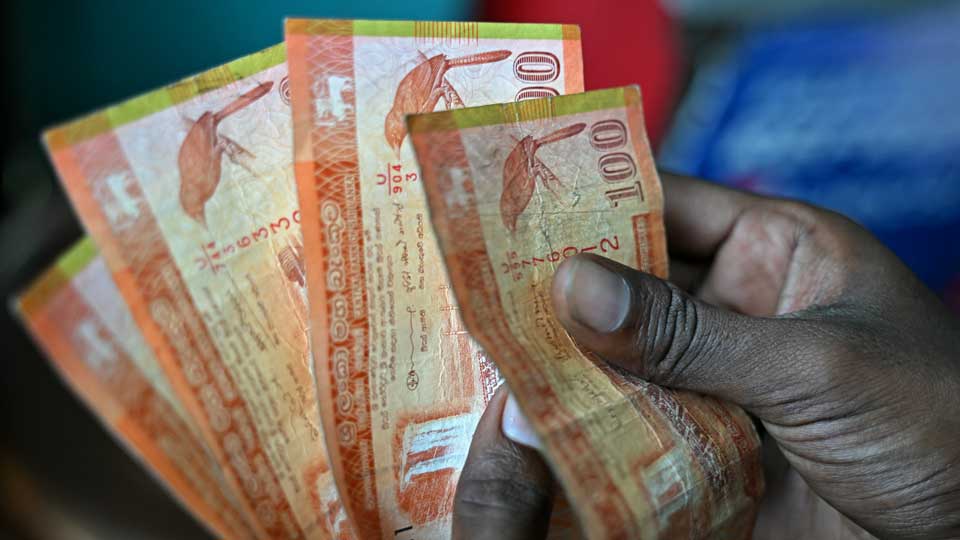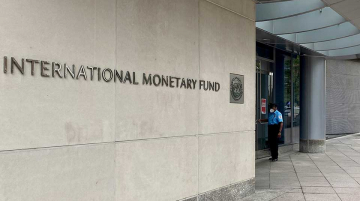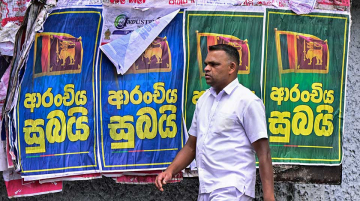
Sri Lanka’s new government has approved a controversial restructure of $14.7 billion in foreign commercial credit tentatively agreed by its predecessor, the finance ministry said Saturday.
Former leader Ranil Wickremesinghe announced a deal with international sovereign bondholders and the China Development Bank just two days before he lost the presidential elections last month.
The new leftist President, Anura Kumara Dissanayake, had called for better terms, but after two days of talks with an IMF delegation in Colombo, his government said it would honor his predecessor’s deal.
“Sri Lankan authorities confirm their endorsement of… the agreement in principle terms as announced on September 19,” the finance ministry said in a statement.
The debt restructuring is a key International Monetary Fund demand to rebuild the island’s economy, which suffered its worst crisis in 2022 when it shrank by 7.8 percent.
In June, the government concluded a deal with its bilateral lenders to restructure its official credit amounting to $6 billion.
Under the deal announced on September 19, private creditors holding more than half of international sovereign bonds and foreign commercial loans to the South Asian nation agreed to a 27 percent haircut on their loans.
They also agreed to a further 11 percent reduction on the interest owed to them.
International sovereign bonds account for $12.5 billion, and the balance of $2.2 billion is owed to the China Development Bank.
Sri Lanka’s external debt stood at $46 billion at the time of its foreign debt default in 2022, when it ran out of foreign exchange to finance even the most essential imports, such as food and fuel.
The bond restructuring endorsed by the new government must still go to parliament for ratification.
Dissanayake dissolved the assembly days after he was sworn in and called a snap election for November 14, a year ahead of schedule. The legislature is set to have its first session on November 21.
Austerity measures, in line with the $2.9 billion IMF bailout loan secured last year, helped stabilize the economy but also caused severe hardships for low-income Sri Lankans.
The IMF has said that Sri Lanka returned to growth after the crisis but warned that its economy was still not out of the woods.







